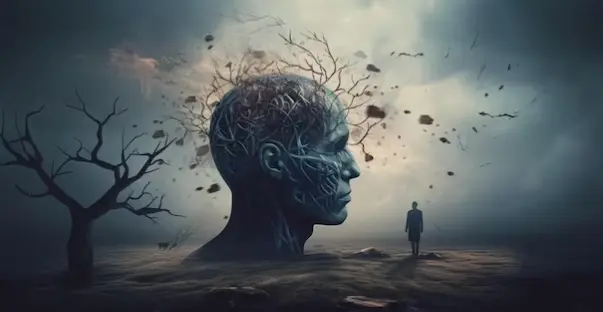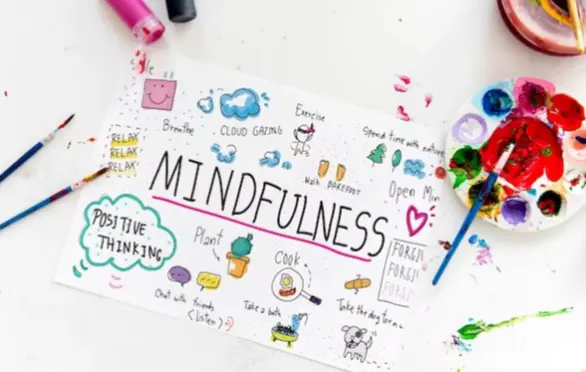The Dark Side: Imagination and Mental Health



Imagination is often celebrated for its creative and innovative aspects, but there's a lesser-explored facet of it that has a profound impact on mental health. This blog post delves into the relationship between imagination and mental health, shining a light on the darker aspects of our imaginative capabilities. While imagination can be a source of inspiration and creativity, it can also harbor anxiety, depression, and other mental health challenges.
Imagination, in its positive form, allows us to dream, innovate, and envision a better future. It fuels our aspirations, motivates us to pursue our goals, and empowers us to see beyond the present. This aspect of imagination is vital for our mental well-being, as it nurtures hope and a sense of purpose.
Conversely, imagination has a dark side that can lead to detrimental effects on mental health. This shadowy aspect involves rumination, worry, and vivid, distressing scenarios. When imagination takes a negative turn, it can contribute to conditions like anxiety, depression, and obsessive thinking.

One way to mitigate the negative impact of imagination on mental health is through mindfulness practices. Mindfulness helps individuals become aware of their thoughts and, in turn, better manage their imaginative processes. By staying present and observing their thoughts without judgment, individuals can redirect their imagination towards more positive and constructive paths.
For those struggling with persistent negative imaginative patterns that affect their mental health, seeking professional help is crucial. Therapists and mental health experts can provide strategies and coping mechanisms to harness and redirect the imagination towards a healthier path.
In some cases, individuals may benefit from medication to manage anxiety or depression triggered by their imaginative processes. Consulting with a healthcare professional can help determine if medication is a suitable option.
For those interested in delving deeper into the topic, here are some suggested areas for further study:
Imagination and mental health are intricately connected to various other subjects, including:
The study of how imagination influences cognitive and emotional processes.
Examining the link between imagination and creative thinking.Mental Health Disorders: Understanding how imagination plays a role in the development and management of conditions like anxiety and depression.
Exploring mindfulness practices that can help individuals manage their imagination and improve mental health.
In conclusion, while imagination is a powerful tool for creativity and innovation, it can also have a dark side that affects mental health. By understanding the duality of imagination and implementing effective strategies, individuals can harness the positive aspects and manage the negative ones, ultimately promoting better mental well-being.